Surrogacy Laws & Process in Virginia

Understanding the Surrogacy Process in Virginia
Virginia surrogacy laws are outlined under the Status of Children of Assisted Conception statute, which governs both gestational and traditional surrogacy.
Gestational surrogacy is permitted, but there are strict regulations that must be adhered to. The intended parents must follow the detailed legal processes involved in surrogacy agreements, including post-birth parentage orders, to secure their parental rights.
Virginia law stipulates that surrogacy agreements are enforceable, but intended parents must understand the requirements set forth in the statute.
Legal recognition of parentage is granted only through a post-birth parentage order, which requires several steps to be followed. Intended parents must be aware of these steps to protect their rights and ensure a smooth process.
Pre-Birth Parentage Orders in Virginia: Legal Recognition Before Birth
Virginia does not permit pre-birth parentage orders under the Status of Children of Assisted Conception statute. Instead, intended parents must wait until after the child’s birth to apply for legal parentage.
The post-birth process includes filing a Surrogate Consent & Report Form with the Birth Registrar after the birth, and the gestational carrier cannot give consent until four days after the birth.
This means there is a four-day waiting period before the intended parents can begin the paperwork to amend the birth certificate. There are several variations in the post-birth process based on the family structure:
Married heterosexual couples
Married couples can file for a post-birth parentage order, allowing both parents to be listed on the birth certificate. A surrogate’s consent is valid only after four days.
Married Same-Sex Couples
Same-sex married couples can establish parentage post-birth, similar to heterosexual couples. Both parents are legally recognized after filing for a post-birth parentage order.
Unmarried Same-Sex Couples
Unmarried same-sex couples must follow a post-birth process, including obtaining an Order of Parentage. They cannot be listed as parents until the order is granted.
Single Intended Parents
Single parents must also follow the post-birth process to establish legal parentage. They need to file for a post-birth parentage order before being listed on the birth certificate.
Couples Using Donor Gametes
Intended parents using donor gametes can file for post-birth parentage. Married couples have both names listed, while unmarried couples need to obtain a post-birth order.
Married Couples with Donor Gametes
Married couples using donor gametes can pursue legal parentage post-birth. Both parents can be recognized on the birth certificate after filing for a post-birth parentage order.
The Court Process and Legal Recognition of Parentage
In Virginia, intended parents can seek court approval for the surrogacy agreement, which is a costly and lengthy process involving home studies and a trial-like hearing.
Most parents opt for a post-birth parentage order to bypass this. The gestational carrier cannot consent to the parentage order until four days after birth. After this, parents file a Surrogate Consent & Report Form to amend the birth certificate.
For donor gametes, the donor is not a legal parent, and only the intended parents are recognized. Birth certificate amendments may take 8-12 weeks. Same-sex married couples are listed as “Parent and Parent” on the birth certificate, while international same-sex couples can have both fathers listed.
Stepparent and second-parent adoptions are available for same-sex couples, especially if the child was born outside Virginia.
Explore the Carrying Dreams Surrogacy Heatmap
If you would like to learn more about the surrogacy laws in different states, be sure to check out the Carrying Dreams Surrogacy Heatmap. It offers valuable insights into the surrogacy laws across the U.S. and can help guide your decision-making process.
If you have any inquiries about the Virginia surrogacy laws & process, feel free to contact us today.

